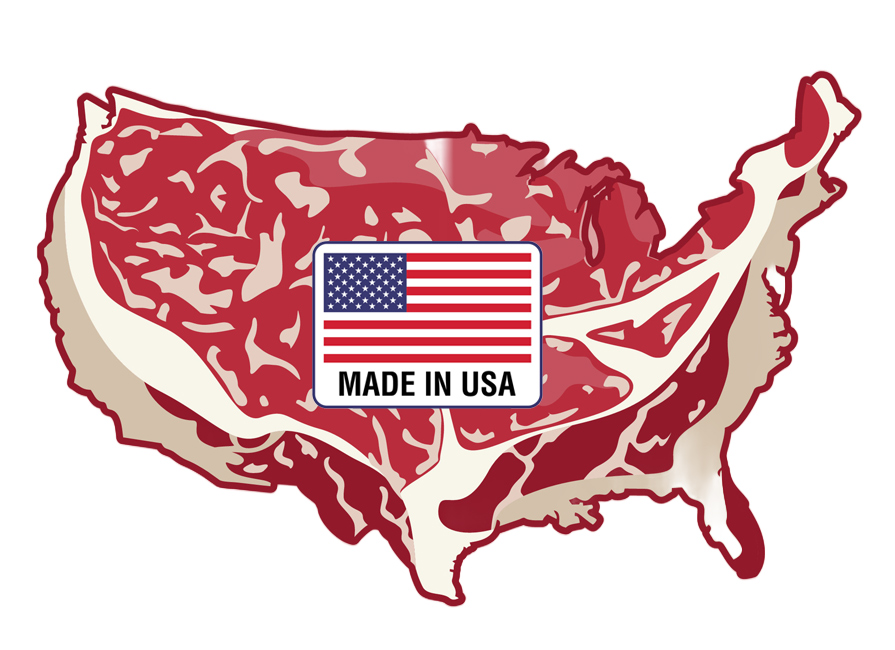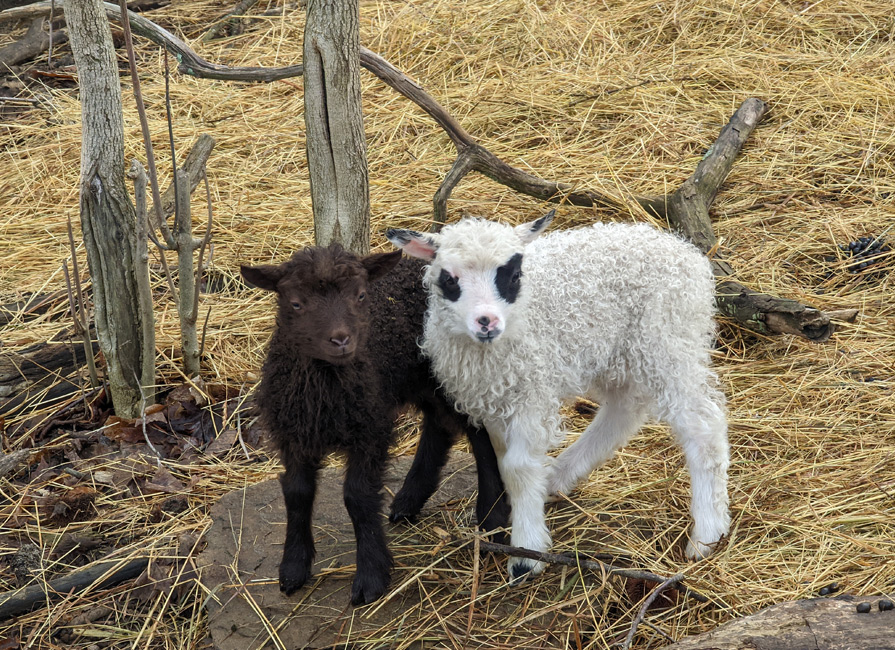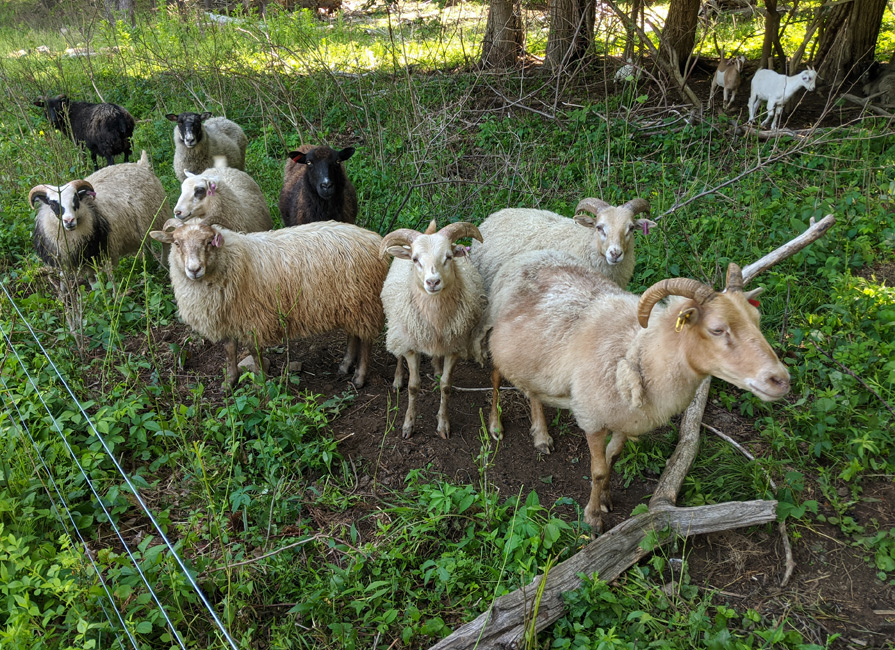In today's increasingly food-conscious world, consumers expect a label to mean what it says—including the…
Update on H1N1
I spent many years talking to the press saying H5N1 was a disease of chickens. This morning I spoke with my son’s pig and explained H1N1 was a disease of humans. I hesitate to make light of the situation but sadly it is the truth: we can and do infect our animals. In another twist, we appear to be at a plateau for new human infections according to the numbers on the WHO website. Reported cases are not growing significantly.
Last week we postponed farm visits. We are however continuing to audit with farmer consent, paying very specific attention to hog audits. We have instructed our team members not to travel or attend gatherings if they have been near a flu positive area or have any flu like symptoms. This ruling applies to auditors and is just plain and simple “good practice.” We will monitor the Canadian incident very closely, and continue to follow USDA and CDC advice.
All animals are susceptible to all diseases, not just H1N1.
As Animal Welfare Approved farmers and friends we are already engaged in keeping our animals well which will lead to an enhanced immune system. This is known to decrease the chances of contracting H1N1.
A few reminders:
1. Keep visitors to a minimum.
2. Don”t let folks touch the animals.
3. Don”t work the farm without making sure you have taken biosecurity measures.
4. Make sure your boots are clean.
5. Don”t go onto one farm, country gathering and to another without washing and changing (this includes machinery and vehicles).
6. Keep barns and bedding dry (virus and bacteria need warm and wet).
7. Don”t travel through or to areas that have an outbreak of any disease.
8. If you cannot keep people and new animals away from your farm, think very hard how you are going to make sure they are “clean.”
We have extensive experience in biosecurity protocols and practice. Please let us know if we can provide support. Our farmers keep their animals differently and they will be a lot healthier than CAFO animals but they are still susceptible to illness.
A few simple precautions go a long way.
Most of all stay safe, and please let us know how we can help.
Andrew Gunther



